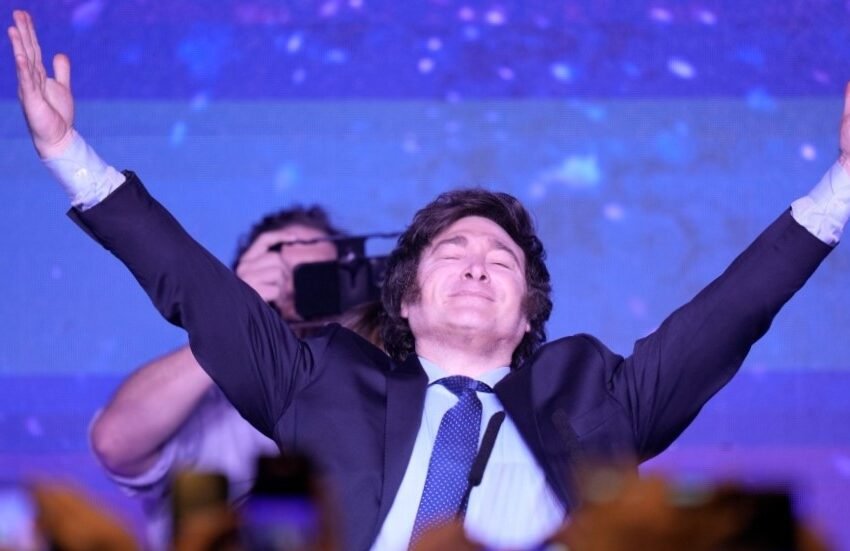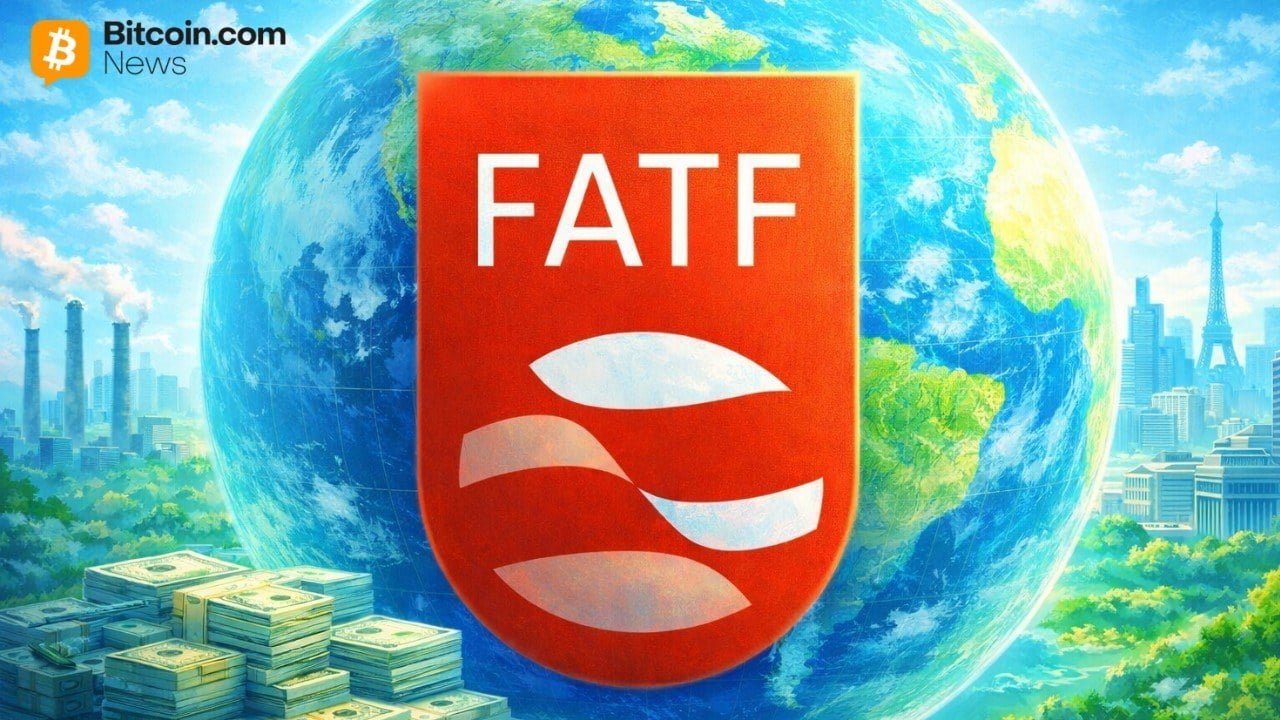Bloomberg Report Argues Bitcoin’s Digital Gold Thesis Is Cracking, Bitcoiners
Voters Lean Libertarian as the Pro Bitcoin Javier Milei Surges in Argentinian Polls
(Originally posted on : Crypto News – iGaming.org )
During Sunday’s primary presidential election in Argentina, libertarian candidate Javier Milei has come up at the forefront. Milei, a staunch critic of the central bank and a supporter of Bitcoin, has garnered a significant share of the votes.
As of Sunday, with around 90 percent of the votes tallied, Milei secured 30.5 percent, catching many off-guard. The main conservative opposition bloc trailed slightly at 28 percent, while the ruling Peronist coalition lagged at 27 percent. This change in voter sentiment signals a clear discontent with Argentina’s current political landscape, especially given the mounting inflation rate of 116 percent and the disturbing fact that four in 10 Argentinians live in poverty.
New players only. Exclusive Welcome Bonus of 177% + 77 Free Spins
Milei didn’t hesitate to highlight this sentiment in his post-results speech. “We are the true opposition,” he emphasized, adding, “A different Argentina is impossible with the same old things that have always failed.”
Milei’s past remarks provide insight into his economic perspective. He has labeled the central bank as a “scam,” seeing it as a tool politicians use to exploit citizens through inflation. And while he appreciates Bitcoin, saying it “represents the return of money to its original creator, the private sector,” he stops short of suggesting its use as legal currency like El Salvador. Rather, Milei proposes a “dollarization” approach for Argentina, considering the country’s escalating inflation woes.
Argentina’s current state of affairs has indeed fueled widespread disenchantment, enabling Milei to gain traction. Many Argentinians, frustrated with the prevalent economic crisis and subsequent policies, find hope in Milei’s suggestion to replace the peso with the U.S. dollar.
New players only. Exclusive 111% Welcome Bonus + 111 Free Spins
As the electoral process unfolds, no contender is expected to clinch more than 45% in the primary round. Subsequently, a general election will take place in October, featuring the top candidates from each party. Should the October polls fail to produce a clear winner with 45%, a decisive runoff vote is slated for November.







 Bitcoin
Bitcoin  Ethereum
Ethereum  Tether
Tether  XRP
XRP  USDC
USDC  Solana
Solana  TRON
TRON  Dogecoin
Dogecoin  Lido Staked Ether
Lido Staked Ether  Figure Heloc
Figure Heloc  Bitcoin Cash
Bitcoin Cash  WhiteBIT Coin
WhiteBIT Coin  Cardano
Cardano  USDS
USDS  LEO Token
LEO Token  Wrapped stETH
Wrapped stETH  Hyperliquid
Hyperliquid  Chainlink
Chainlink  Wrapped Bitcoin
Wrapped Bitcoin  Ethena USDe
Ethena USDe  Binance Bridged USDT (BNB Smart Chain)
Binance Bridged USDT (BNB Smart Chain)  Canton
Canton  Monero
Monero  Stellar
Stellar  USD1
USD1  Wrapped eETH
Wrapped eETH  Rain
Rain  Hedera
Hedera  sUSDS
sUSDS  Zcash
Zcash  Litecoin
Litecoin  Dai
Dai  Coinbase Wrapped BTC
Coinbase Wrapped BTC  PayPal USD
PayPal USD  Avalanche
Avalanche  Shiba Inu
Shiba Inu  WETH
WETH  Sui
Sui  World Liberty Financial
World Liberty Financial  Toncoin
Toncoin  USDT0
USDT0  Cronos
Cronos  Tether Gold
Tether Gold  MemeCore
MemeCore  PAX Gold
PAX Gold  Uniswap
Uniswap  Polkadot
Polkadot  Mantle
Mantle  Ethena Staked USDe
Ethena Staked USDe  BlackRock USD Institutional Digital Liquidity Fund
BlackRock USD Institutional Digital Liquidity Fund  Aave
Aave  Falcon USD
Falcon USD  Aster
Aster  Pepe
Pepe  Bittensor
Bittensor  OKB
OKB  Bitget Token
Bitget Token  Global Dollar
Global Dollar  Circle USYC
Circle USYC  Ripple USD
Ripple USD  syrupUSDC
syrupUSDC  HTX DAO
HTX DAO  Pi Network
Pi Network  Sky
Sky  Ethereum Classic
Ethereum Classic  NEAR Protocol
NEAR Protocol  BFUSD
BFUSD  Ondo
Ondo  Pump.fun
Pump.fun  Superstate Short Duration U.S. Government Securities Fund (USTB)
Superstate Short Duration U.S. Government Securities Fund (USTB)  Internet Computer
Internet Computer  POL (ex-MATIC)
POL (ex-MATIC)  Cosmos Hub
Cosmos Hub  Gate
Gate  KuCoin
KuCoin  Worldcoin
Worldcoin  Jupiter Perpetuals Liquidity Provider Token
Jupiter Perpetuals Liquidity Provider Token  Midnight
Midnight  Quant
Quant  NEXO
NEXO  Jito Staked SOL
Jito Staked SOL  Ethena
Ethena  USDtb
USDtb  Binance-Peg WETH
Binance-Peg WETH  Official Trump
Official Trump  Rocket Pool ETH
Rocket Pool ETH  Spiko EU T-Bills Money Market Fund
Spiko EU T-Bills Money Market Fund  Algorand
Algorand  Binance Bridged USDC (BNB Smart Chain)
Binance Bridged USDC (BNB Smart Chain)  USDD
USDD  Render
Render  Wrapped BNB
Wrapped BNB  Janus Henderson Anemoy AAA CLO Fund
Janus Henderson Anemoy AAA CLO Fund